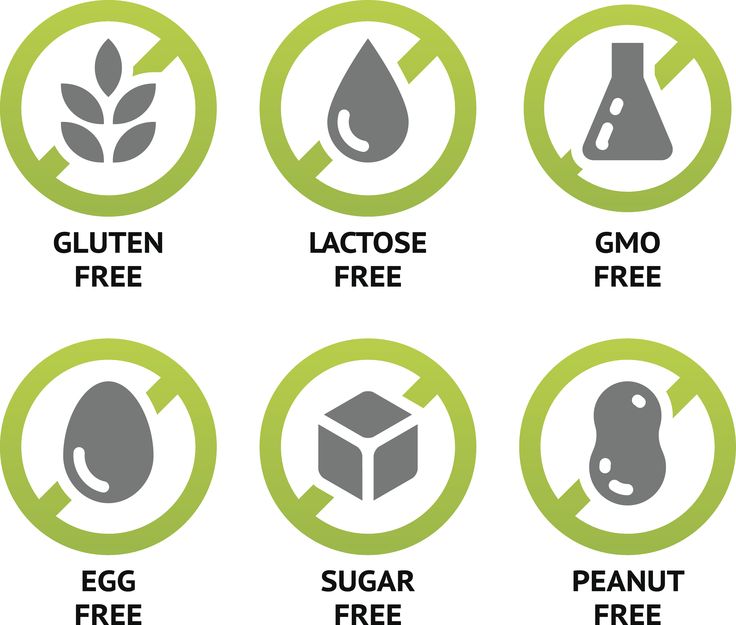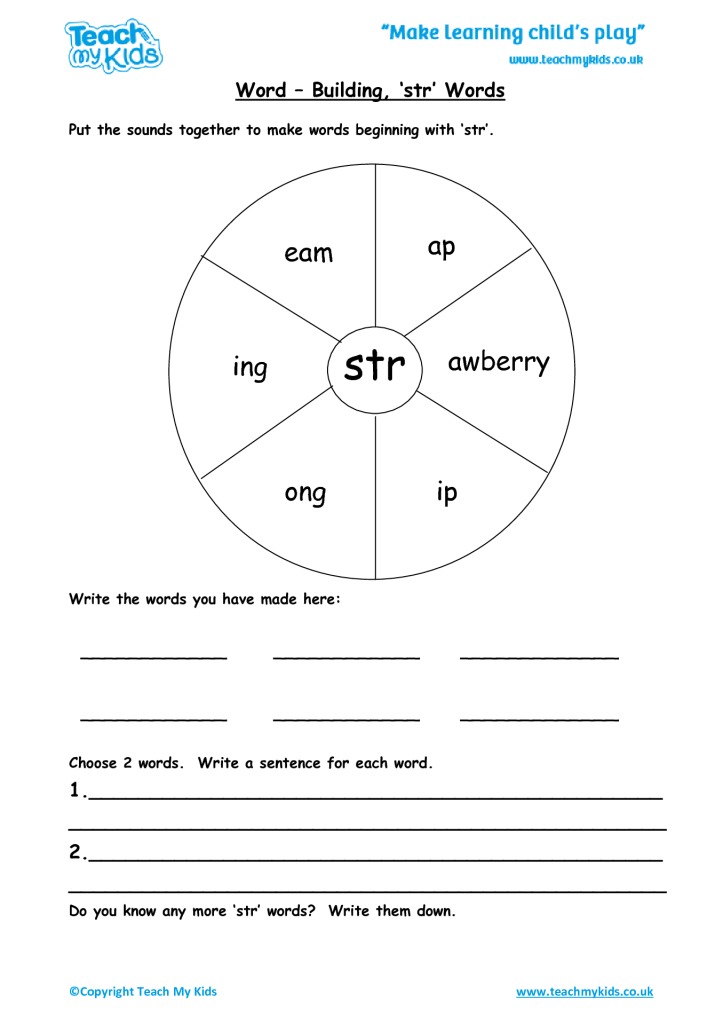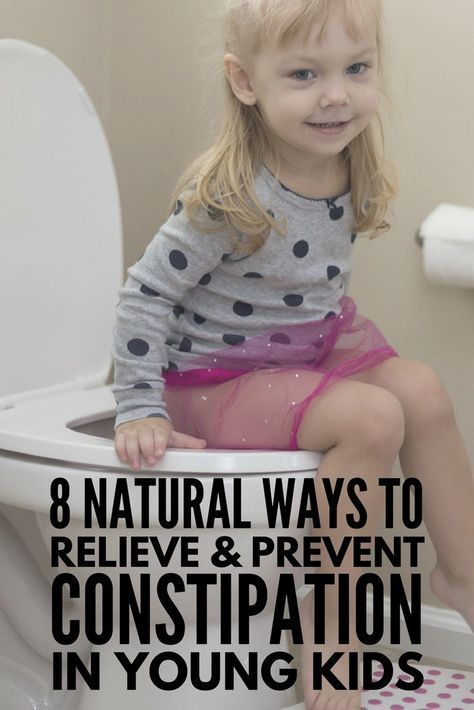How to tell your child you are breaking up
How to Tell Your Child You Are Splitting Up
Source: Dboybaker via Flickr
Children thrive on predictability. They feel more secure when they have dependable routines. That’s why parents should typically approach upcoming changes slowly, carefully, and with a plan, whether it’s a new caregiver, a new home, a new school, or a change in family structure.
Once you and your partner have decided to separate, how do you talk to your young child? What can you say and do to help them get through the process as healthy and resilient as possible?
1. Share the information soon. Young children are remarkably perceptive and will know something is going on. Secrecy can be more damaging than knowledge, because it leads to all kinds of worries, most of which are worse than the impending reality.
2. Talk as a family. When you decide you are separating, and have established a plan for moving forward with it, tell your child together with your partner, and include all your children together in the conversation.
3. Choose a good time. Don’t have the divorce discussion when one or more family members are tired, hungry, or needing to be somewhere soon. It may turn out to be a very short discussion—your child might not have any questions and just want to get on with playing—but be available in case they want to talk, shout, argue, cry, or snuggle.
4. Keep it simple. A young child doesn’t want to know about—and can’t understand—the complex reasons for the separation. In your first conversation about it, the simple facts are enough—where you’ll all be living, who’ll take them to school and pick them up, how often they’ll spend time with each parent, the fact they will still have two parents.
5. Emphasize your abiding love and protection. A young child’s biggest fear is that they’ll lose one or both of their parents. Reassure your child as many times as necessary that you will continue to love them forever, no matter what, and that you will keep them safe.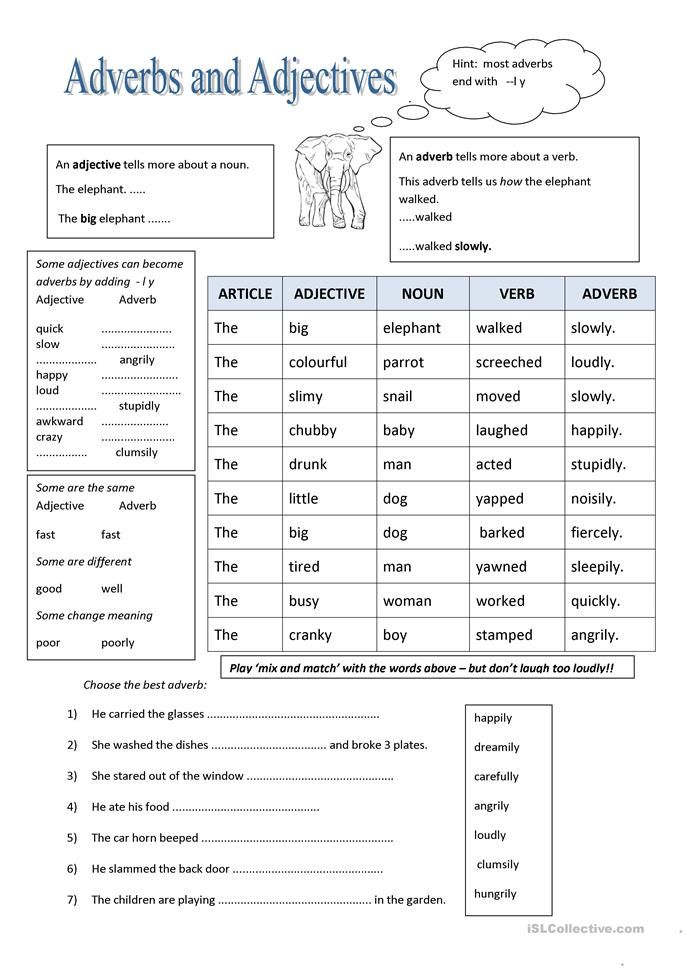
6. Be loving, calm, and confident. Don’t burden your little one with your anger, worries, or issues. They need you to be strong and confident in your assurances that everyone will be fine. Save the drama for your friends and therapist.
7. Be kind, caring, and respectful with—and about—the other parent. This will help your child feel safe in the world. No matter the problems you have with your partner, your child will be happier, healthier, and stronger if they feel they can count on you working together on their behalf.
8. Take ownership of the change. Be on the lookout for signs your child blames himself (most kids do). They might become excessively good and compliant, for example, or antagonistic and contrary. Reassure them that it is you and the other parent who needed to make the change and that it is not their fault.
9. Wait and listen. Be alert, attentive, and available for the next several days, weeks, and months. Some young children are filled with immediate questions, and others take months to process the information.
Some young children are filled with immediate questions, and others take months to process the information.
10. Answer your child’s questions as honestly as possible. Don’t try to sweep their worries under the rug. Be sympathetic, patient, and as honest as you can.
11. Be patient with regression. Some common reactions to a change like this include fear, anger, temper tantrums, tears, clinginess, emotional instability, anxiety, whininess, and general irritability. Your child might have trouble getting to sleep, start bedwetting, or have nightmares that require your calm, reassuring presence.
12. Maintain the old routines and schedules. Consistent care and nurturing are more important than ever in any transition, including divorce. They reassure your child that the world is safe and predictable. Meals, outdoor play, bathtime, and bedtime routines are more important than ever now.
13. Tell their teacher or caregiver. Prepare the other adults in your child’s life for possible mood changes and questions. Ask them to be sensitive and understanding, but not to ask the child about it or mention it unless the child introduces the topic.
Prepare the other adults in your child’s life for possible mood changes and questions. Ask them to be sensitive and understanding, but not to ask the child about it or mention it unless the child introduces the topic.
14. Be patient with your own emotions, and your partner’s. The more mature you and your partner can be during the process of separation, the better for your child. But this is a challenging time for most parents, emotionally, physically, and financially. If you or your partner is angry or upset in your child’s company, accept that, and apologize to your child, explaining that change is always difficult. Emphasize your confidence you will get through it, and that everyone will be fine, as well as your understanding that it won’t be easy.
15. Don’t drag it out. Once you have told your child it is happening, get on with the practical business of establishing new situations and routines.
Change is stressful, but it doesn’t have to be damaging. A child whose parents are confident, mature, loving, and trustworthy can make it through separation and divorce with better coping skills and strengths. This is a critically important time in your young child’s life, a time to rise to the responsibility of being a parent.
A child whose parents are confident, mature, loving, and trustworthy can make it through separation and divorce with better coping skills and strengths. This is a critically important time in your young child’s life, a time to rise to the responsibility of being a parent.
Further Reading
- Yes, You Can Raise Happy Children After a Divorce by Wendy Paris
- Should You Stay Together Only for the Kids? by Dona Matthews
How Do I Tell My Child About My Breakup?
Children are usually a big factor in helping couples decide whether they should break up or not. As parents, we want what is best for our child and try our best to predict what that will be. Sometimes, parents will try to stay together and work out their differences for the sake of their children. Other times, parents come to the conclusion that it is best for their children if they break up.
No one enters into a marriage assuming that it won’t work out. Divorce or separation can be an incredibly painful event for everyone involved – children included.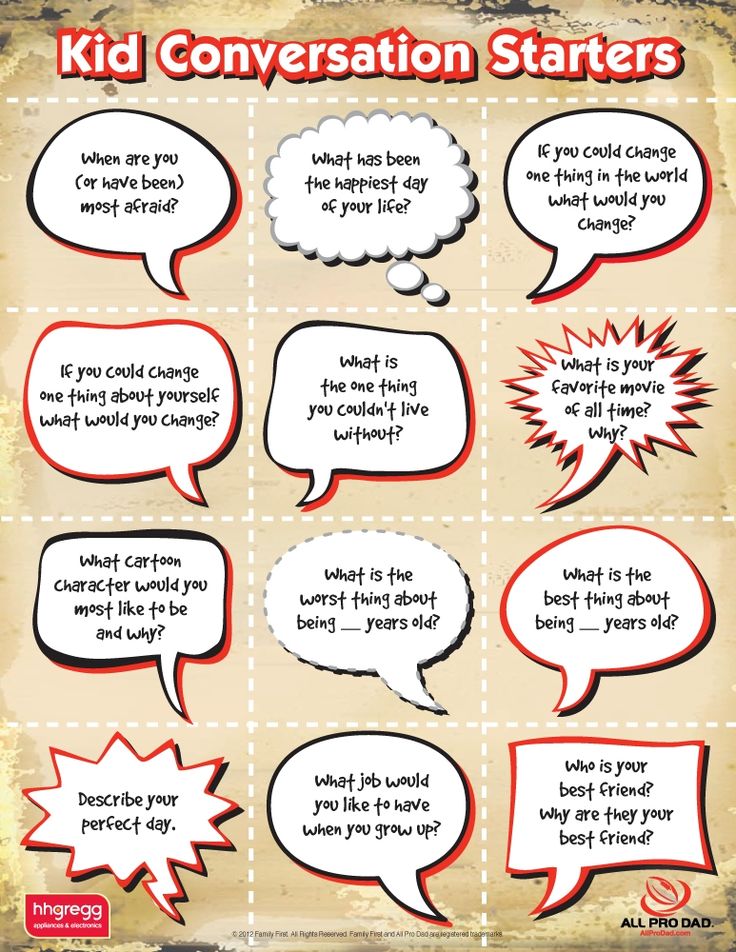 However, there are steps that parents can take to make their breakup easier on their kids.
However, there are steps that parents can take to make their breakup easier on their kids.
Like most parents know, children do better with predictability. It is soothing to a child’s emotional system to be able to predict a routine. Like any upcoming change that a child may face, it’s important that parents explain the end of their relationship slowly, carefully, and in an age-appropriate way.
The goal should be to
help your child process and move through this change in the healthiest way possible – not the fastest or most convenient.Research shows us that a child’s emotional security and ability to successfully function as an adult has less to do with what actually happened in their childhood. Rather, the best predictor for childhood attachment security is how the child made sense of their childhood experiences – usually with the help of an adult.
If you and your ex-partner have made the decision to end your relationship, this could be the most important story you’ll ever tell your child.

Tell your child a story that he or she can use as a map to understand what happened, how you got there, and where you wish to go. This story will hopefully allow your child to understand that this change that will eventually bring them inner peace.
You don’t have to come up with an elaborate story or metaphor to help your child understand that their family dynamics are changing. In fact, it’s better to keep it simple. Take ownership of the change in your child’s world in a calm and confident way. Any mention of yourself and the other parent should be kind, caring, and respectful. Emphasize your love for the child and that it will never go away.
If possible, it is best for your child to hear this story with both parents. It can be very distressing for a child (or teenager) to hear that their parents are breaking up without both parents around.
You and your co-parent probably know your child pretty well. If possible, see if you two can work out what story you want to tell your child as a team. It’s important to be as honest as possible in an age-appropriate way. It’s also just as important to not paint yourself or the other parent as the victim or villain in the story. There are ways to neutrally and truthfully explain a breakup to children. If you and your partner have trouble coming up with a story that feels right, a therapist can help!
If possible, see if you two can work out what story you want to tell your child as a team. It’s important to be as honest as possible in an age-appropriate way. It’s also just as important to not paint yourself or the other parent as the victim or villain in the story. There are ways to neutrally and truthfully explain a breakup to children. If you and your partner have trouble coming up with a story that feels right, a therapist can help!
Even if your child is too young to comprehend the changes when they are happening, there’s a good chance that the child will want to know the story of the breakup when they get older. Go ahead and agree on the story you want to tell your child about your breakup with your co-parent. It will give you both piece of mind for when the questions start coming.
Once you come up with your story for your child, here are ten specific things that you can do to make sure that the storytelling is done in an effective and helpful way:
1. Share the Story Soon
Share the Story SoonAs mentioned before, change can be distressing for children, and they need time to adjust. The sooner you share your story, the sooner your child can start adjusting to the breakup. Being able to give your child a heads-up about when one parent is moving out and where that parent is going is crucial. It’s much easier for children to hear the news and get an understanding of what is happening before it starts to happen.
2. Choose a Good TimeSometimes, children don’t have a lot of questions or immediate strong emotions about the story of their parents’ breakup. Other times they do. It’s important that you give time for either reaction and not rush your child to digest the news because of a time constraint.
Sharing the story of the breakup with your child before school or before their bedtime, for example, might make it harder for your child to have an appropriate amount of time to digest the information and respond.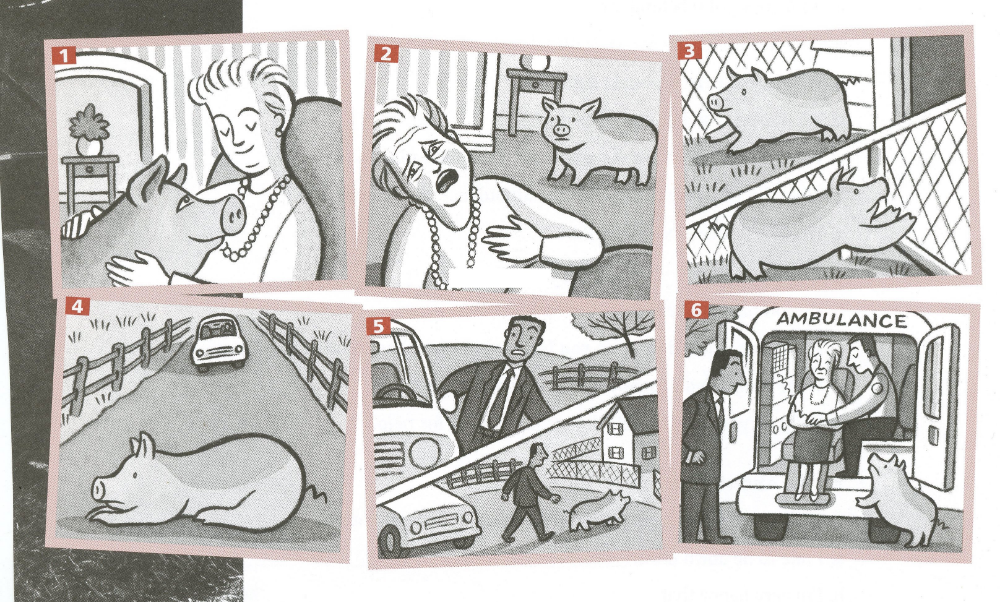
An important part of making sure your child understands what is happening is by letting your child ask questions and answering them as honestly as possible. Your child might have logistical questions, like what days they’ll have to spend with each parent. They might have emotional questions, like if you still love their other parent. Make sure your child feels free to ask any questions that he or she has about this change. Also, make sure that your child knows that if they don’t have questions immediately, you want to hear their questions about the breakup whenever they occur.
4. Be Alert in the Time After the BreakupIt can take days, weeks, or months for children to process this change, so it is important that parents are aware of their child’s emotional well-being in the time after the story of divorce has been shared.
Depending on the child’s age, he or she might not be clear about signs of distress. For example, they might say, “My tummy hurts” if they don’t know to recognize stomach knots as nervousness, sadness, or fear. If your child’s behavior starts changing, that can also be a sign that your child needs your emotional attention.
For example, they might say, “My tummy hurts” if they don’t know to recognize stomach knots as nervousness, sadness, or fear. If your child’s behavior starts changing, that can also be a sign that your child needs your emotional attention.
Children experience a wide range of emotions when hearing the news that their parents are splitting up. Some of them might not make sense to you, so having some patience is crucial to knowing that your child feels safe to have emotional reactions around you. Nightmares, clinginess, withdrawal, and other behavioral changes are important to note.
If your child senses that you are frustrated with the way they are processing their emotions about the breakup, they might be tempted to keep things inside. Your child needs to know that they can go to you – regardless of their age.
6. Create a Support System for your ChildIf you can, tell other trusted adults in your child’s life about your breakup and any other changes going on. It’s a great idea for your child to have other people that they can talk to and get comfort from during this transition. Tell your child’s teachers, get them a child or family therapist, find books on the topic of divorce… whatever you are able to do to provide extra support for your child is a good idea! Then, make sure your child knows who is in their support system so that they know how to utilize it.
It’s a great idea for your child to have other people that they can talk to and get comfort from during this transition. Tell your child’s teachers, get them a child or family therapist, find books on the topic of divorce… whatever you are able to do to provide extra support for your child is a good idea! Then, make sure your child knows who is in their support system so that they know how to utilize it.
Once your child knows the story of their parents’ divorce, don’t drag the process of the divorce out for long. Although children need time to adjust to the changes, it is better for their mental and emotional health to not be anticipating these changes for longer than necessary.
8. Comfort your Child – Not the Other Way AroundOne mistake that parents can make – especially with their older children – is leaning on the child for comfort. It’s very tempting to think that you are all going through this together, so you should all be there for each other. However, it is best for the child if they do not feel like they have to be a source of comfort in their pain. Make sure your child knows that you are there to comfort them, not the other way around. Parents should find their own support system in people and resources that are not their children.
However, it is best for the child if they do not feel like they have to be a source of comfort in their pain. Make sure your child knows that you are there to comfort them, not the other way around. Parents should find their own support system in people and resources that are not their children.
There is a loss associated with divorce – even for kids. Sometimes parents expect their kids to feel some sort of relief at the news of their parents’ divorce, especially if they’ve been exposed to lots of fighting. Even if you have heard your child tell you that they want you to divorce, your child will still be going through a grieving process. Grief shows up in a lot of different forms. It can look like anger, sadness, apathy, confusion… It can be helpful to let your child know that you are aware that they are experiencing a loss in the end of their parents’ relationship. Open the door for them to process their grief with you or someone else that they trust.
Finally, helping your child anticipate, name, and regulate their emotions during this time is a great way to monitor their wellbeing and set them up for success. When you see your child acting differently, when they reach out to you, or when you can see emotion on their face, help your child figure out what they are feeling, why they are feeling it, and what to do about it.
This is all a part of the story of their parents’ relationship ending, so it is important that you help them get a full comprehension of their own experience of it.
Therapists are great resources for more help with changing family dynamics, talking to your child, or for your own emotional support. If you need more support talking to your child about your breakup, our Greenwood Village couples therapists can help you come up with a plan.
Schedule Appointment
Parents decide to leave: how to tell a child about it
The psychologist advises not to drag out the conversation, not to go into the reasons for the divorce and focus on the future
Divorce of parents is always a trauma for the child. Even teenagers find it difficult to come to terms with the idea of parting with the closest people, and for younger children, this news can cause a violent protest. When is the right time to tell your child about the decision? How to build a conversation so as not to hurt the child even more, save him from feelings of guilt and avoid a showdown with a former partner?
Even teenagers find it difficult to come to terms with the idea of parting with the closest people, and for younger children, this news can cause a violent protest. When is the right time to tell your child about the decision? How to build a conversation so as not to hurt the child even more, save him from feelings of guilt and avoid a showdown with a former partner?
Why is it so difficult to talk about divorce
Couples break up in different ways. Some manage to separate by mutual agreement, others get divorced with scandals and litigation. In some families, after parting, both parents want to communicate with the child as often as possible, in others, one of the parents disappears from the child’s life for a long time or forever. In recent years, many psychologists have noted that parents are increasingly coming to them with a request: “How to take care of a child in a divorce situation? How to soften the separation of his parents for him, not hurt him, not create problems for him in the future? So that the divorce of the parents does not become a trauma for the child that he cannot cope with, it is important to think about the circumstances under which the child learns about the changes, what words the parents will use to speak to him about the family situation.
How parents feel
It is always difficult for parents to start this conversation: each side is afraid of reproaches for not being able to save the family, and it seems that as a result, you can forever lose the love and trust of the child. Especially one of the two, on whose initiative the couple breaks up, may be subject to such feelings. In addition, it is never known in advance how emotionally the child will react to such news and what exactly these emotions will be.
These considerations often force parents to report a divorce without going into details, as if in between, artificially "lowering" the importance of this event. They hope that if this event is not emphasized, children will experience a breakup less painfully.
And indeed, at first, children may react weakly, as if without interest, to this news. Parents perceive the absence of crying, tantrums or other strong reactions with relief, but in fact, a state of shock or a real storm of emotions can be hidden behind external unemotionality.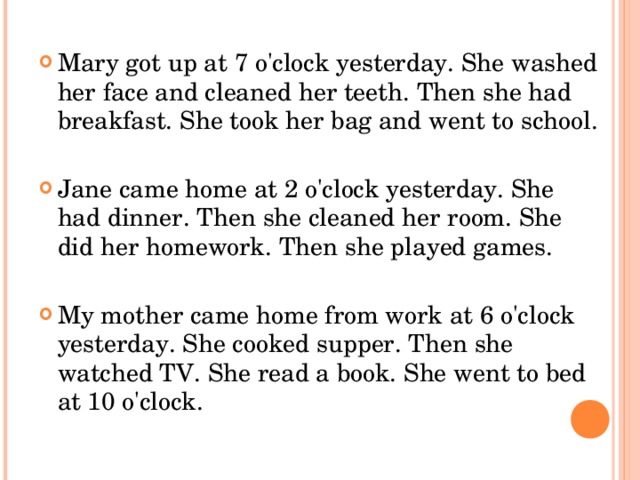 Moreover, the weaker the observed reaction, the higher the likelihood that parents will calm down, reduce attention to the child and leave him alone with his experiences.
Moreover, the weaker the observed reaction, the higher the likelihood that parents will calm down, reduce attention to the child and leave him alone with his experiences.
How children feel
The reaction to divorce depends largely on the age of the child. Changes can cause stress even in infants: they are not yet aware of what is happening, but they are emotionally closely connected with the mother and therefore "read" her state.
Preschoolers react especially sharply, because stability is a necessary condition for their normal mental development. In such a situation, the child feels lost and abandoned, may fall into a depressive state or, conversely, become aggressive towards mom and dad, who promised to always love and protect, and now suddenly destroyed his world.
Older children also feel abandoned, they try not to tell friends and classmates about the situation in the family, and as a result, they may become withdrawn or begin to study worse or act hooligans in order to attract parental attention.
Regardless of age, every loving child grieves because of the divorce of his parents and experiences an irrational fear of losing the parent with whom he remained after the divorce.
The most frequent and dangerous feeling that a child has in a divorce situation is the feeling of guilt for the breakup of the family. Many children blame themselves for the fact that their parents could not agree and stay together, they attribute their decision to their bad behavior, disobedience, and mistakes.
“A child understands divorce as a failure of his own relationship with an abandoned parent,” notes Austrian educator and psychoanalyst Helmut Figdor in his book Children of Divorced Parents: Between Trauma and Hope. - In general, we adults also know this feeling if we find ourselves abandoned by a loved one: maybe I gave him (her) too little (gave)? What did (did) I do wrong? Did I disappoint him (her)?
The news of a divorce is especially difficult for a child if before that there was an illusion of well-being in the family, and both parents participated in his upbringing. In this case, this news can cause serious and long-term psychological trauma.
In this case, this news can cause serious and long-term psychological trauma.
But in most cases, divorce is preceded by quarrels and periods of short separations of the parents, during which the child stays with mom or dad. If the decision has already been made, it is better not to drag out this turbulent period.
Agree on the main points before starting a conversation
“If we are talking about children before adolescence, the most important thing for parents to do before talking to a child is to agree among themselves how they represent his subsequent life after a divorce, advises clinical psychologist, member of the Association of Play Psychotherapy Irina Katin-Yartseva. - We need to think over the issues of children's accommodation, decide who will take them and pick them up from the kindergarten or school, how the weekend will be organized. In the case of teenagers, it is better to discuss such issues together, taking into account their opinion.
If the relationship is tense and there is no way to calmly discuss life after divorce, it is better to involve a professional mediator, a family psychologist or mutual friends as an intermediary.
It is important to make concessions to each other in time and reach agreement on the main points even before the divorce, and most importantly, do not try to take the child as an ally, do not use him in confronting adults.
The psychologist emphasizes: do not delay the discussion period. Even if parents do not tell their children what is happening, they still feel that the situation in the family has changed, and the relationship of parents has ceased to be natural. And when dad and mom cannot agree for six months, or even more, the younger members of the family have to live in pre-divorce tension all this time.
Choose a quiet place and limit the circle of participants
Apart from situations where one of the parents is a danger to others, it is better when the mother and father talk with the child together. To choose a place, it is essential that both children and parents feel comfortable there, and the child has the opportunity not to restrain his reaction, to express his attitude to the situation.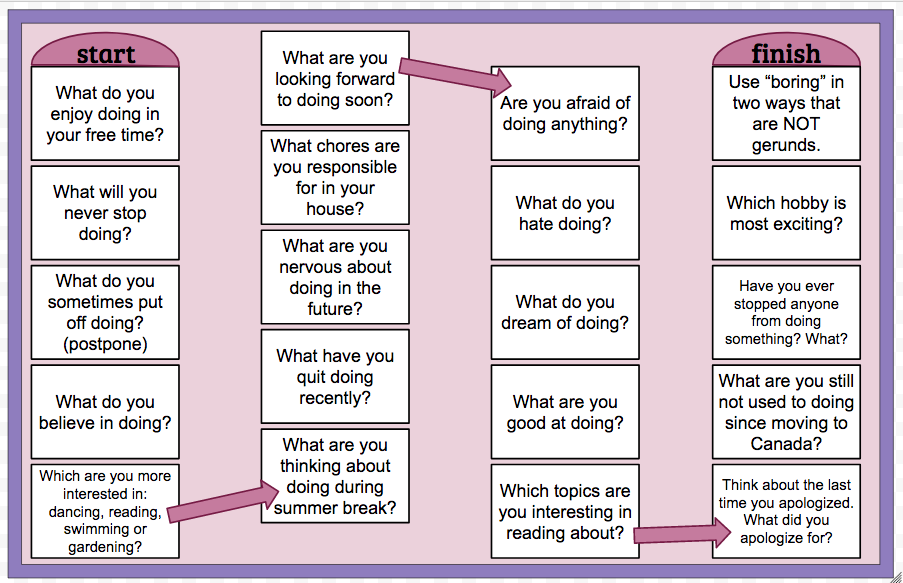
“Children rarely start crying right away, more often they need to sit down and digest information in silence and safety,” notes Irina Katin-Yartseva. “It often happens that they don’t listen to their parents for very long and tend to leave in order to think about what they heard. This is a natural reaction; a little later, the child will probably return to this topic and ask his questions.
Sometimes the child reacts to the news of a divorce as if he doesn't want to hear about it; he "turns away" from this information, runs away or plugs his ears. Denial is one of the stages of grief, in this case it is better to act gently and try to return to the conversation after a while.
As a general rule, the safest and most peaceful place for a family conversation is at home. However, if a common home is associated with frequent quarrels, then it may be better to choose a park or other public space where you can talk in private.
During a difficult conversation, the presence of those who are not involved in the situation can interfere with communication. And after the child has been informed about the upcoming changes, their help may come in handy.
And after the child has been informed about the upcoming changes, their help may come in handy.
Sometimes it is difficult for a child to discuss a new family situation with his parents - he is too offended by them. He may find it easier to talk about his feelings with other significant adults who are able to remain neutral. This could be a relative, family friend, or psychologist. Parents, feeling that the child cannot accept the situation, clarify it for themselves, can, according to Irina Katin-Yartseva, offer him this option: “If you want to talk about what you think and feel, you can discuss this situation, you can complain about us to a psychologist or Aunt Rimma.”
If, after a divorce, a child will live alternately with his father and mother, parents should immediately agree on the rules and restrictions that will apply to him in each of his homes in order to avoid childish manipulation and give him the necessary sense of boundaries. It is better for a child if the daily routine, permissions and prohibitions are approximately the same.
Help the child accept the situation
Report the decision, not the reasons
Don't talk about the reasons for the divorce. It is enough to firmly and calmly inform the child about the common decision: “It is difficult for me and my dad (or mom) to stay together, so we decided to get a divorce. Soon we will live separately from each other.”
Focus on the future
The main subject of conversation with a child is the future arrangement of his life. The child needs to know more about his future, so parents should focus on it and refrain from mutual insults and accusations.
Parents' detailed explanations about "how it happened" can easily turn into a showdown. And it is very important for a child to see in front of him, if not a couple, then at least two good parents, each of whom loves him.
Reassure him of his parental love
The child wants to make sure that the changes will not affect the parents' attitude towards him, that they will continue to love him and take care of him.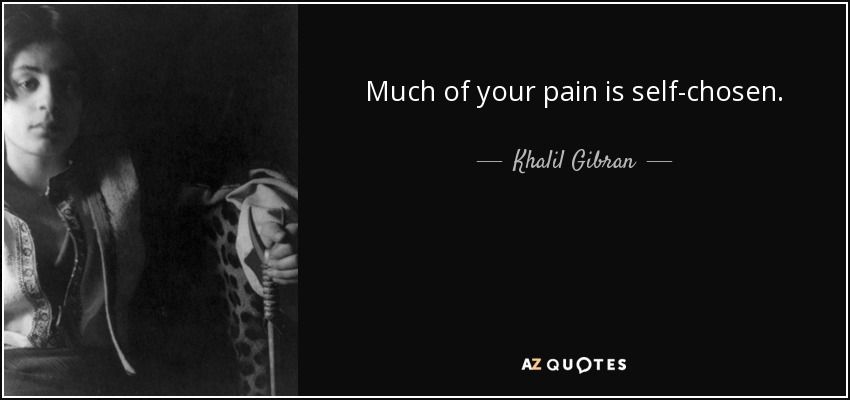 For adults, it is most often obvious that, having ceased to be husband and wife, they remain father and mother, but a child in a divorce situation may doubt this, and it is important to reassure him, explain that no one takes his parents away from him, that their separation does not connected with him.
For adults, it is most often obvious that, having ceased to be husband and wife, they remain father and mother, but a child in a divorce situation may doubt this, and it is important to reassure him, explain that no one takes his parents away from him, that their separation does not connected with him.
Explain that he is not guilty and cannot change the decision of adults
It is critically important to convey to the child that the reason for the divorce is not in him, but in the relationship of adults: "These are our personal conflicts, you have nothing to do with it." This idea may need to be repeated several times.
Children are self-centered and often feel as if the world revolves around them. This means that they are the cause of the events taking place, including the divorce of the parents. Another mechanism for the emergence of guilt is associated with an attempt to take control of the situation. “The breakup of a family is a serious shock for a child, and he cannot cancel this event,” explains Irina Katin-Yartseva. “But he really wants to influence the situation. And while he considers himself the reason for the divorce, feels his guilt and responsibility, he still has hope that he will be able to "fix" the broken family."
“But he really wants to influence the situation. And while he considers himself the reason for the divorce, feels his guilt and responsibility, he still has hope that he will be able to "fix" the broken family."
It is better for parents not to support these illusions, but to say directly: "We understand how bad you are now, but you are not to blame and there is nothing you can do about it." Try to comfort the child in this impotence and help him accept the new reality.
Give the child the right to strong feelings
If adults name the emotions that a child may experience in connection with a divorce, it will be easier for him to identify and express them. Explain to him that he may be offended, upset, disappointed, may be angry with dad and mom for this decision - and you understand his feelings and are ready for them. So that the child does not withdraw into himself, let him know that he is open to conversation, that he can always share his experiences if he wants.
Photo: Collection/iStock
Psychologist reveals the right way to tell your child about divorce | Society news | Izvestiya
Both parents should set aside time to talk with their child about divorce and explain to him that what is happening is not his fault. Medsi Premium psychologist Ekaterina Kulagina told Izvestiya about this and other problems that may arise in the family and how to deal with them.
It is best if both mom and dad are present at the announcement of the changes that await the child after the divorce of the parents. If this is not possible, then the responsibility for the conversation should be taken by the parent whom the child trusts more, the specialist emphasizes. It is much worse when information comes to the child from third parties: grandmothers, friends, neighbors. In this case, the child does not have the opportunity to ask questions to the “original source”, which increases anxiety.
Special time should be allocated for the conversation, Kulagina emphasizes.
“Yes, it is difficult. But important life-determining things are not communicated "in between times" - this humiliates and devalues the child's experiences. For him, the world is collapsing in any case, and this must be treated with the utmost respect <...> What can I say? That adults sometimes can't live together for adult reasons. That this is only their adult question and the child is not to blame here and will not be able to influence the situation in the future, ”said the psychologist.
It is important for a child to convey that mom and dad will remain loving parents for him and will continue to communicate with him, despite the fact that the relationship between them will change. It is also necessary to show that parents are sorry to hurt the child, but they see no other solution, so they will try to compensate for what happened to the best of their ability.
“And of course, if there are several children in the family, it is advisable to conduct the initial conversation in the presence of all of them. But the following questions can be answered one by one. And it’s good if these questions are - this is a natural way for a child to cope with pain, ”explained Kulagina.
But the following questions can be answered one by one. And it’s good if these questions are - this is a natural way for a child to cope with pain, ”explained Kulagina.
Sometimes divorce can still be avoided by contacting a specialist, she stressed. A person who deals with problems between spouses is a family psychologist. He knows how the human psyche works, what difficulties people overcome in their life path and understands the intricacies and nuances of relationships, the stages of family development, inevitable crises and ways to effectively resolve them, as well as the features of communication between people, types of attachment and intergenerational processes.
“A family is a place where a person should feel good. Accordingly, if a person cannot confidently say something similar about himself, if a person experiences discomfort of any kind in a marital or parent-child relationship, a family psychologist will help to understand what is happening, identify hidden processes and find ways to resolve contradictions, ”said the psychologist, adding that the sooner a person asks for help, the easier the contradictions can be eliminated.
Unexpected problems in a family can arise if all its members are “imprisoned” at home at once: parents have switched to remote work, and the child has switched to distance learning. To begin with, Kulagina recommends coming to terms with the fact that this happened and that not all family members are to blame for this. This approach will help not to disrupt the resulting irritation on loved ones.
In addition, the specialist advised to draw up a joint work schedule for everyone, which would take into account not only the mandatory "work-study", but also cooking, sleep and the possibility of relaxation for everyone on equal terms. You can then rank the overall list of tasks by importance.
At the same time, putting one's own employment in the first place and forcing the rest of the family to adapt will inevitably lead to scandals.
“From practical details: buy a set of ear plugs and headphones and actively use them for everyone; ordering ready-made meals more often to reduce “cooking for the whole family” time and free up space in the kitchen; pay for mobile Internet and, whenever possible, transfer work processes to a car, park or the nearest cafe; be sure to plan time for “being alone” for everyone.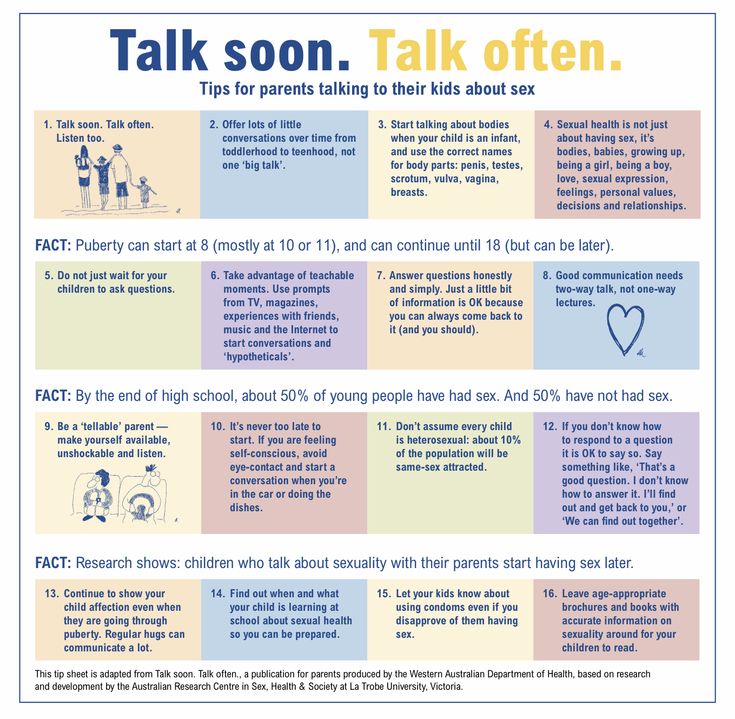 And remember that this is not forever: the distance will pass, but loved ones will remain, ”advises the psychologist.
And remember that this is not forever: the distance will pass, but loved ones will remain, ”advises the psychologist.
Sometimes the reasons for quarrels and scandals in a family can be the financial dependence of one of the partners on the other. This can be either a temporary phenomenon - for example, maternity leave, illness or a job search period - or permanent, when the partners initially agreed on mutually convenient financial interaction, and then "something went wrong" and one or both partners began to violate these agreements not for the benefit of the other.
As a rule, in the first case, the addicted partner usually has resources for some other areas of jointness: leisure, emotions, social circle, experience and knowledge. In this case, it makes sense to identify the problem and revise financial arrangements in the light of changed conditions.
In the second case, it is likely that the dominant partner fell into the temptation to “shut off” any other scarce areas at the expense of the financial sector: the desire for power, status, compensation for childhood injuries, Kulagina suggested.



